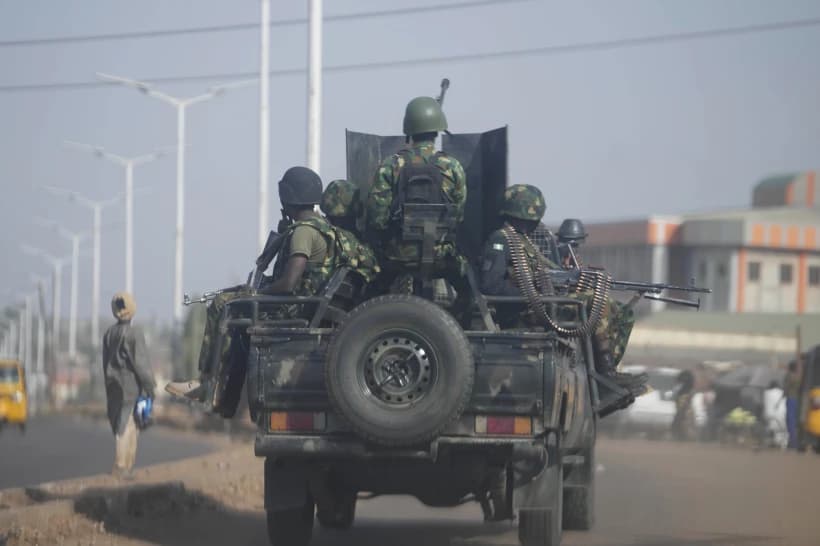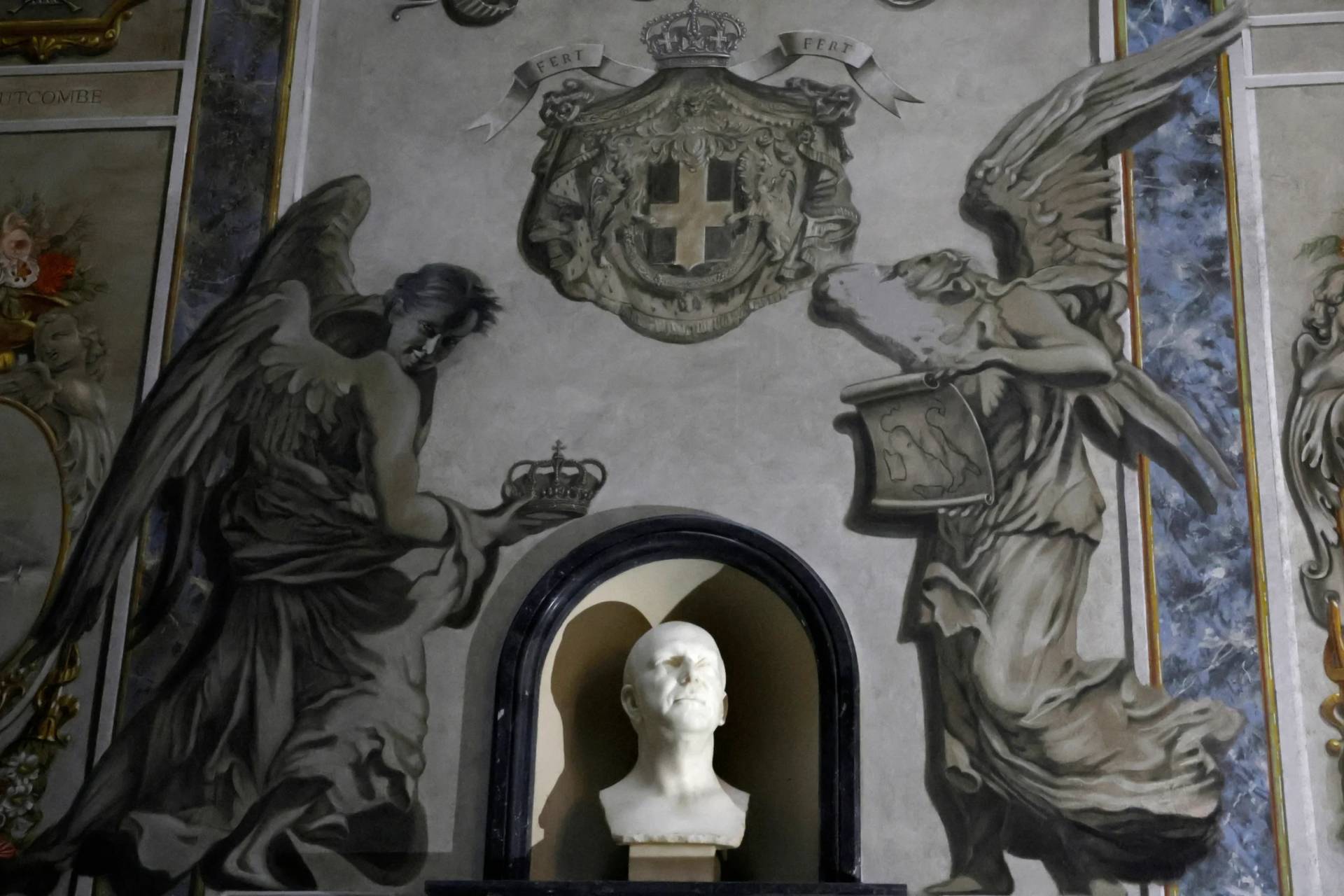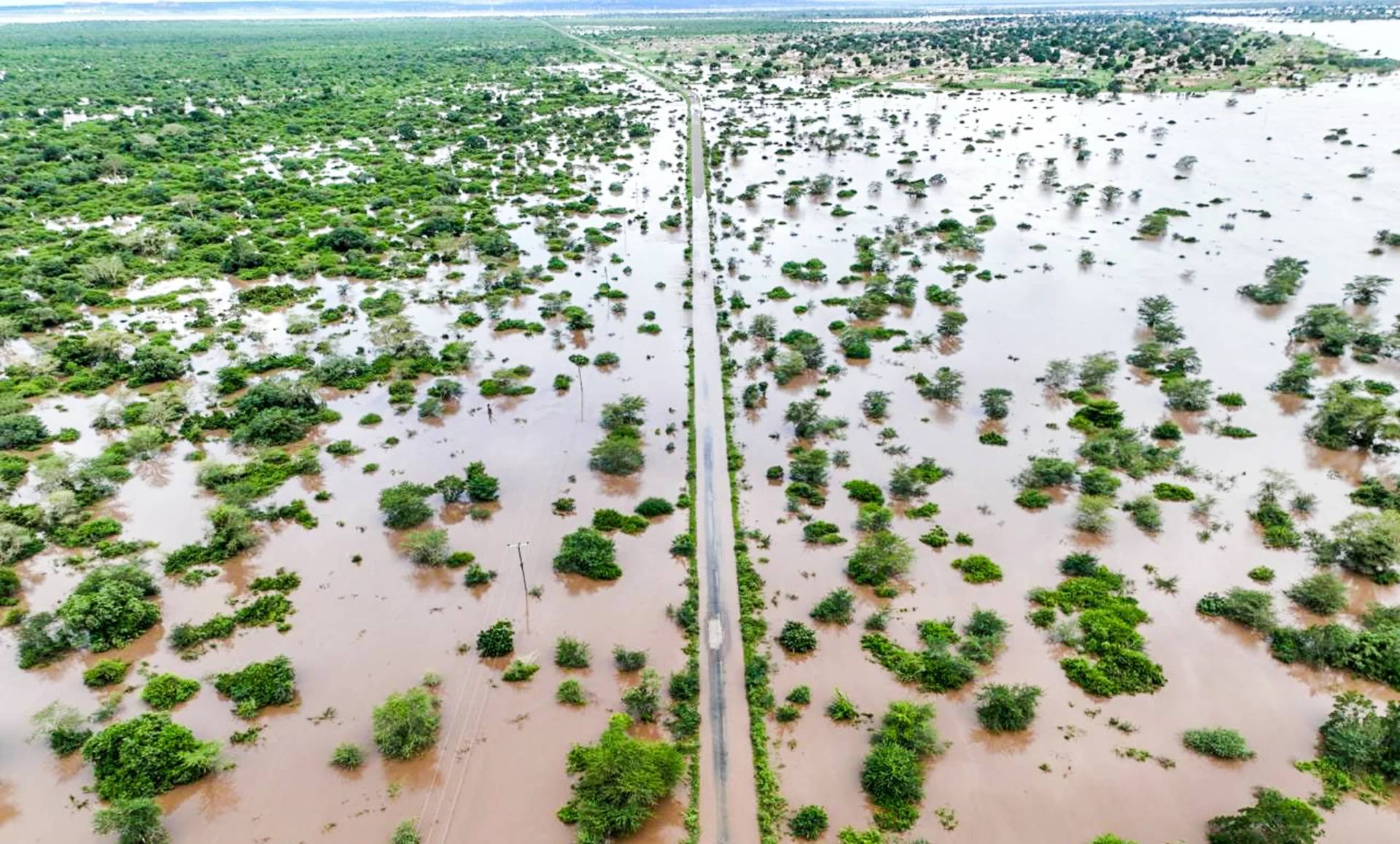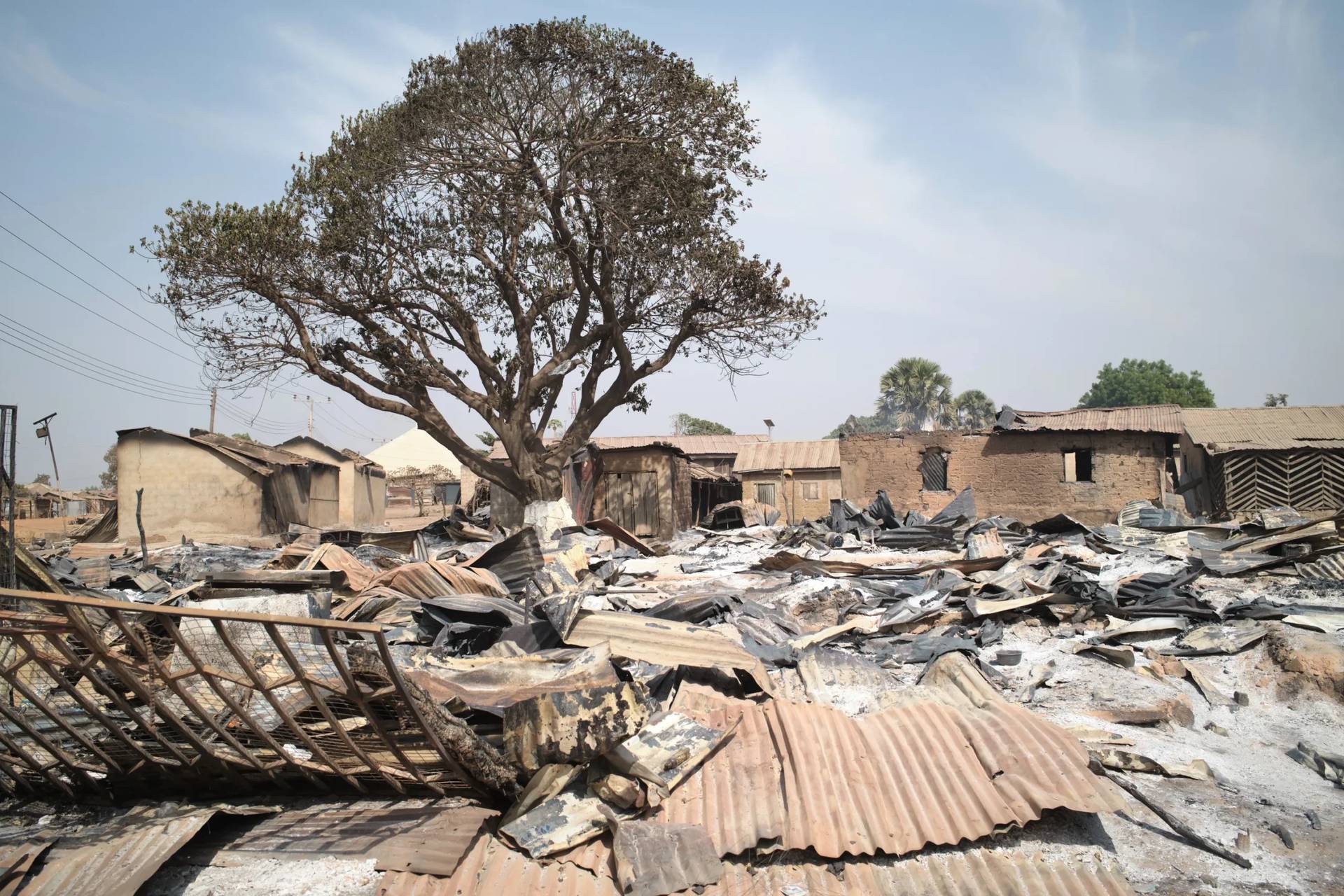YAOUNDÉ, Cameroon – Archbishop Ignatius Kaigama of Abuja in Nigeria has painted a worrying picture of the impacts of continuing violence in Africa’s most populous nation.
In a statement, Kaigama said the growing violence also means mass displacement, and this has led to IDP camps competing for space with estates.
“People are losing their homes. The growing number of IDP camps is competing for space with estates in the cities,” the archbishop said on Aug. 31.
He condemned the “incessant killings,” saying that it was tantamount to violating God’s supreme command-‘thou shalt not kill.”
“Our hearts are heavy with concern for the persistent challenges facing our nation,” Kaigama said.
Several Catholics in the West African nation have told Crux that hardly a day goes by without people being killed, most of the killings targeting Christians.
The Director of the Catholic-inspired NGO-International Society for Civil Liberties and the Rule of Law, Emeka Umeagbalasi, said that an average of 32 Christians are killed in Nigeria every day.
An Intersociety report revealed that in the first 220 days of 2025, at least 7,087 Christians were massacred in Nigeria. It said 7,899 others were abducted for being Christian. According to Umeagbalasi, the killings and abductions are driven by some 22 Jihadist groups that have made the West African nation their home.
“These groups are intent on wiping out Christianity from Nigeria by 2075, and we are talking here of some 112 million Christians, and 13 million adherents of traditional religions, particularly those in the South-East and South-South regions,” he told Crux.
He said this could be a replay of history, recalling that in the 19th century, a jihad led by Fulani herdsmen established the Sokoto Caliphate, a powerful Islamic state that controlled much of what is now northern Nigeria. Today, the Sultan of Sokoto remains Nigeria’s highest-ranking Islamic authority.
Since 2009 when the terrorist group Boko Haram began its murderous campaign to establish a caliphate across the Sahel that includes much of Northern Nigeria, approximately 185,009 Nigerians have been killed, including 125,009 Christians and 60,000 “liberal Muslims.”
In addition, 19,100 churches have been destroyed, over 1,100 Christian communities displaced, and 20,000 square miles of land seized. Additionally, more than 600 Christian clerics have been abducted, including 250 Catholic priests and 350 pastors, with dozens killed.
“What is going on in Nigeria is pure religious persecution,” Umeagbalasi told Crux.
He posed a series of rhetorical questions to drive home the point that while Christians and Christian Churches and communities are being attacked, Muslim communities go largely unscathed.
“Consider the facts: How many Emirates have been killed? How many Muslims have fallen victim to Nigeria’s killings and kidnappings? How many mosques have been destroyed? How many Muslim-owned farmlands have been seized and occupied by jihadists? If these atrocities directed against Christians are not religious persecution, what are they?” Umeagbalasi said.
“The undeniable truth is that this is systematic religious persecution, actively enabled by the state structure,” he told Crux.
Describing the killers of Christians as “barbaric,” Father Moses Aondover Iorapuu, the Director of Communications for the Archdiocese of Abuja, told Crux that each attack on Christians “changes the demographics of Christians,” in Africa’s most populous country.
Recalling the June 13 Jihadist Fulani attacks on the town of Yelewata in Benue State that left at least 200 people dead, Archbishop Kaigama said that attacks against innocent civilians are “a grave affront to human dignity and a direct challenge to the fundamental right to life, as upheld in the Social Teachings of the Church and the Constitution of our dear country, Nigeria.”
“Because of our shared humanity, we cannot but be profoundly concerned for the dignity of every human life, from conception to natural death. Every life matters,” Kaigama said.
The archbishop joined his voice to that of other Bishops in urging the Nigerian government to act.
“We collectively, as an Archdiocese, echo an urgent appeal to the government, joining our voices to that of the Catholic Bishops of Abuja Province, to rise up to the occasion and take definitive actions to stop the incessant killings, terrorism, banditry, and economic hardships ravaging our people,” he said.
Since taking up presidential responsibilities, President Bola Tinubu has pledged to combat terrorism in all its forms, proposing the creation of a “National Counter-Terrorism Center” to coordinate intelligence and operations across agencies (Army, Police, DSS, Civil Defense), and supports decentralizing policing to allow states to establish their own forces, arguing local forces better understand community dynamics.
However, Umeagbalasi said he doesn’t believe Tinubu, like his predecessor, are serious in fighting terrorism – let alone one that targets Christians. He has famously described the Nigeria military as “a Jihadist military.”













